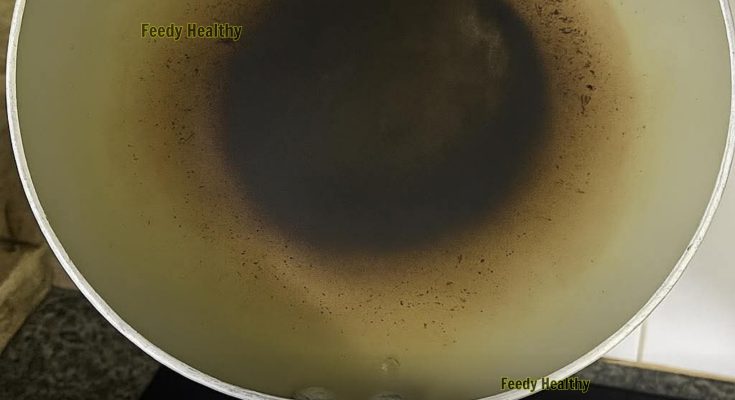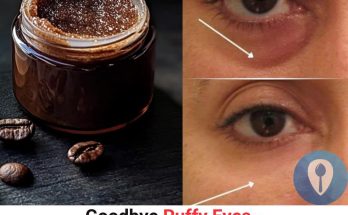In almost every Vietnamese kitchen, non-stick pans are a common tool that makes cooking easier. No one enjoys scraping stuck fish off a pan or struggling to flip a fried egg, right?
But few people realize that the non-stick coating doesn’t last forever. Over time, with exposure to high heat, oils, and scrubbing, the coating can wear down and scratch. And when that happens, even a small scratch can release thousands of microplastics into your food.
One Small Scratch – Thousands of Microplastics Into Your Stomach



What are microplastics?
They are tiny plastic particles, invisible to the naked eye, that can enter the body through digestion. Over time, they accumulate in the liver, kidneys, and blood vessels, potentially leading to serious health issues.
Old Non-Stick Pans – A Hidden Health Hazard
The non-stick coating is often made of Teflon (Polytetrafluoroethylene or PTFE), which belongs to the PFAS family—also known as “forever chemicals” because they’re extremely difficult to break down and can persist in both the human body and the environment.





How to Protect Your Health:





Conclusion:
A tiny scratch might seem harmless—but it could be releasing invisible toxins into your daily meals. By staying informed and making mindful choices in the kitchen, you can better protect yourself and your family’s long-term health.




